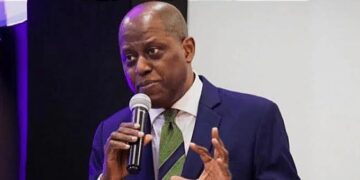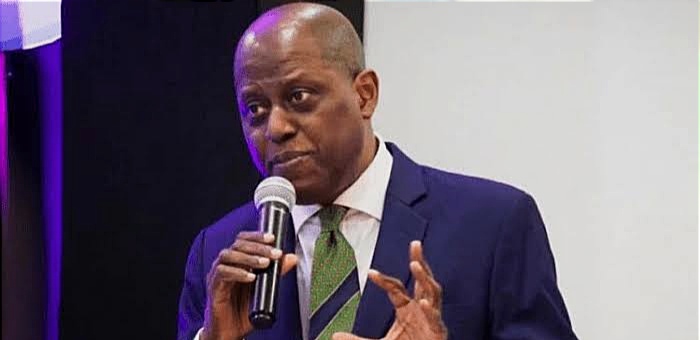By Ebi Kesiena
The Central Bank of Nigeria (CBN) has reaffirmed its commitment to promoting gender inclusion within the financial sector, with women now constituting 35% of recently appointed directors and three of the seven non-executive board members.
This was disclosed by the CBN Governor, Olayemi Cardoso, during the grand finale of the International Women’s Day celebration held at the CBN headquarters in Abuja.
Highlighting the growing presence of female leaders in banks and regulatory bodies, Cardoso praised the increasing number of women in top positions, noting that the number of female managing directors in financial institutions is at an all-time high.
He explained that gender equality is not just a moral imperative but an economic necessity, stressing that diverse leadership drives innovation and fosters a more resilient financial sector.
“As a proud participant in the global movement for gender inclusion, the CBN is committed to fostering inclusive leadership in Nigeria’s financial sector. We continue to champion women’s growth in the workplace through leadership programmes, mentorship, and policies that support work-life balance,” Cardoso stated.
He reiterated the significance of the United Nations’ 2025 International Women’s Day theme, For ALL Women and Girls: Rights. Equality. Empowerment, calling for urgent action to unlock equal rights, power, and opportunities for all women, especially the next generation.
Meanwhile, in her address, CBN Deputy Governor, Corporate Services, Emem Usoro, encouraged women to break stereotypes and embrace leadership roles confidently. “Refuse to play into stereotypes. Desist from making excuses because you are a woman. Be bold, be strong, and always seek to make a meaningful impact,” she urged.
The event, themed Inspiring Change, Leading with Purpose, and Creating Impact, celebrated outstanding women in the financial sector for their contributions and leadership. Several female executives received awards in recognition of their achievements.
The CBN’s ongoing push for gender balance reflects its broader vision of a future where women are not only participants but also key decision-makers in Nigeria’s economic and financial landscape.




































